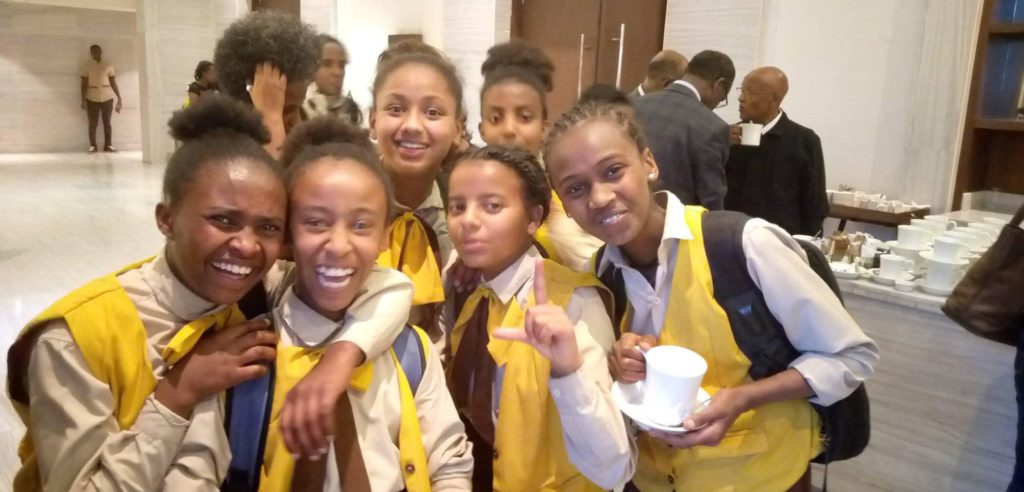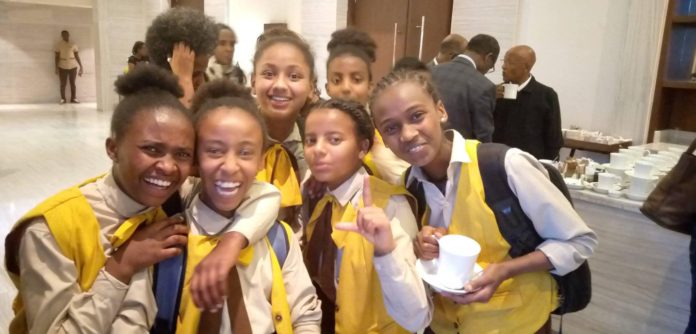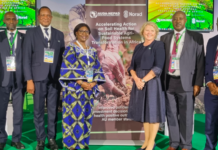By Mary Mwendwa
Recently, a report was launched revealing disturbing findings on how the law discriminated against girls in Africa. It pointed out how girls were denied their right to dignity by the law in the African setting.
The report, released by the African Child Policy Forum (ACPF) and Plan International, dubbed getting girls equal is one of its kind.
Some of the examples of legal discrimination against girls were; Legal systems with lower minimum age of marriage and sexual consent for girls than boys, ‘informal courts which force men to marry girls they have raped, law that expel pregnant girls from school,failure to persecute perpetrators of FGM and child marriage, courts adopting patriarchial perceptions and dismissing sexual assault on girls on grounds that they look older, laws relating to girls with disabilities and inheritance laws, rules and practices which favour boys than girls.
Many African countries are parties to some of the most crucial rights instruments for children. Some of the instruments are; Convention on the Rights of the Child (CRC), African Charter on the Rights and Welfare of the Child ( ACRWC), Convention on the Rights of Persons with Disability (CRPD), Convention on the Elimination of All Forms of Discrimination Against Women among others (CEDAW).
The reports say that despite these protocols, many African countries have gaps in the way they implement laws around girls.
Speaking during the launch at a hotel in Addis Ababa, Ethiopia, Anne- Birgitte Albrectsen CEO Plan International, noted how changing laws around children has continued to be one of the most threatening issues around girls in Africa. ” Plan International has increasingly worked towards not only changing the lives of children across the world but also working towards helping children to live in favorable conditions.”
“Plan has been part of the many strides made concerning child survival and more so around the sustainable development goals which are a truly transformative agenda. This report will only matter if broken down by each African country. We hope the report will be used by many stakeholders to see laws that are discriminative against African girls amended. “

According to Violet Odala, A lead author and Programme manager at ACPF, girls continue to be discriminated by law in many aspects. This report does highlight how the law treats girls in Africa. It is an overview of various thematic areas. one of the key issues is the nature of the laws, on the face of it, they look gender-neutral yet they are not. The way laws are crafted and the way they omit to talk about girls and the way they are applied in courts. These are some of the key issues we have seen in general.
“Similarly, what we have found that there is no particular country which you can say this country is the worst when it comes to treating girls badly, it depends on thematic areas and orientation of the country. Some countries with religious laws have a similar pattern on laws on girls.”
Some of the areas of the society that were of concern in the report were; protection of girls from sexual violence e.g. rape, defilement, etc have inadequate penalties and how the courts do the rulings.
“We need to look at the issue of protecting girls as a way of protecting their dignity and we should start with the law.”
She points out that some countries have made progress on matters of law around girls in some areas while some countries are doing badly in some areas. ” This becomes tricky when you find a country doing well in a certain aspect of the law on girls and the same country doing badly in another area. For example, you can find a girl’s age to get married is lower than the boy in some countries. Children are children irrespective of their sex.”
Samuel Norgah, Director, Plan International African Union Liaison Office thanked everyone who had attended the launch event and called upon the various stakeholders on child protection issues to seriously look at the report and see areas where they can collaborate to make sure the dignity of girls in Africa is upheld.
Prof.Julia Sloth Nielson, Professor of Public Law and Jurisprudence, University of The Western Cape noted that there has been some progress in children’s laws. However, she emphasized that the law needs to be implemented everywhere in the society even in the most remote and rural areas.
” Often children law are developed and regulations remain the same for many years, we need sustained efforts and political will to change this and also sustained capacity in the sectors involved to see children are treated fairly by the law.”














